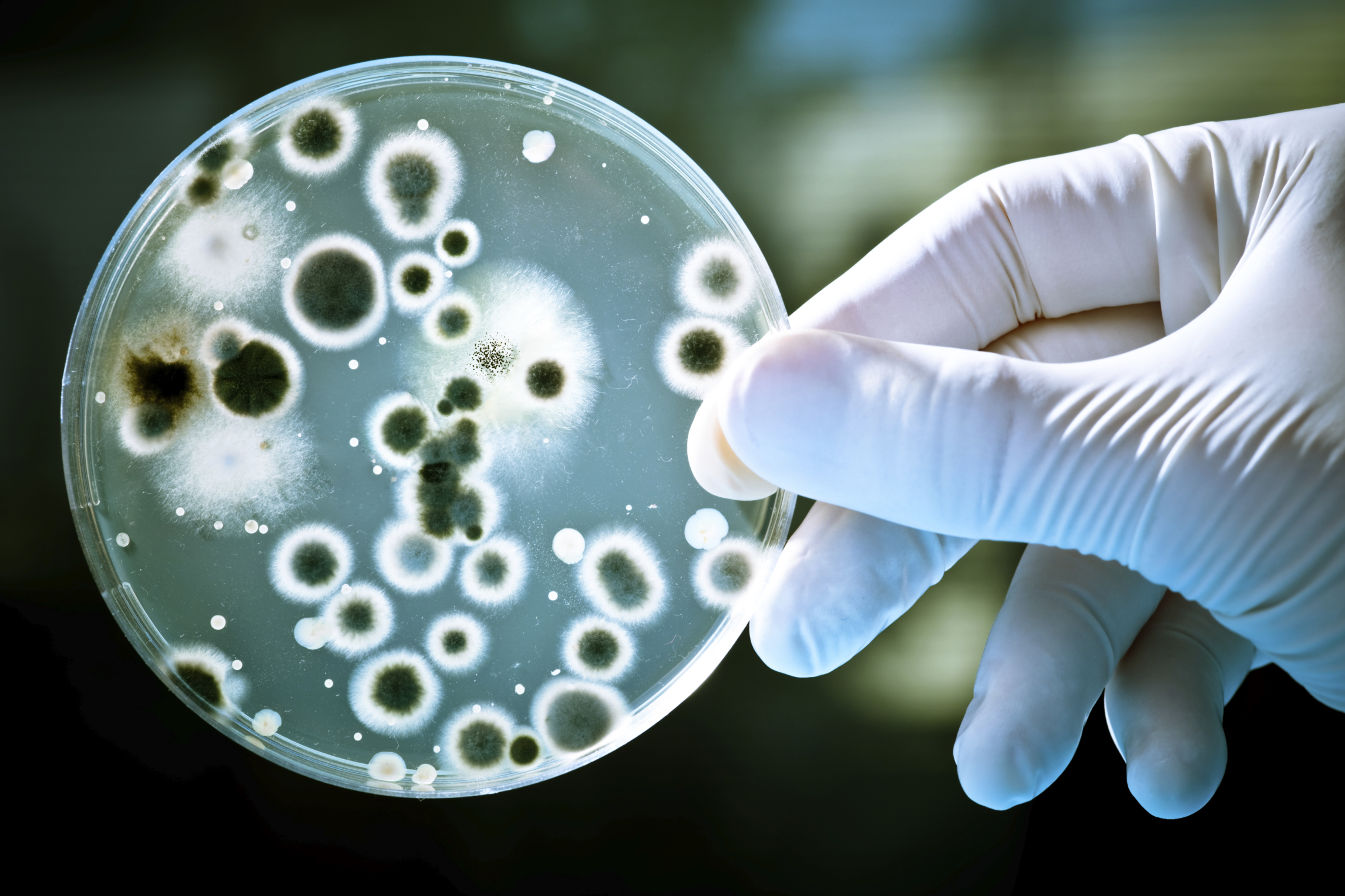
More often than not, bacteria are considered as threatening microorganisms that cause diseases. In fact, numerous types of bacteria are responsible for the wellbeing of our body. Studies have proven how bacteria can help us to live healthier and longer.
The number of bacteria that lives in our body is higher than the number of our own body cells. A high percentage of those bacteria are responsible in affecting how you age. Studies have shown that as you get older, the number of good bacteria gradually decreases. This in turn leads to increased risk of diabetes, arthritis, digestive problems, neuropsychiatric problems, and allergy attacks.
The food we consume plays an important role in the development of good bacteria. Besides fruits, vegetables, nuts, food high in fibers, and yoghurt, garlic, red onion, and wheat are also beneficial in keeping the good bacteria alive. Those food are high in a substance called inulin, a starchy substance essential in promoting healthy digestive system and halting the formation of certain kinds of fats.
On top of containing a high level of inulin, those food are hard to digest; they arrive inside the colon mostly intact and can serve as food for the good bacteria there. With the availability of food, good bacteria can proliferate and fight against the bad microorganisms in our body.
Text by Anggie Triana
Stock photos from Doctoroz.com
Source(s):
- Saraswati, S. and Sitaraman, R. (2015). Aging and The Human Gut Microbiota - from correlation to causality. Front Microbiol Vol 5:764